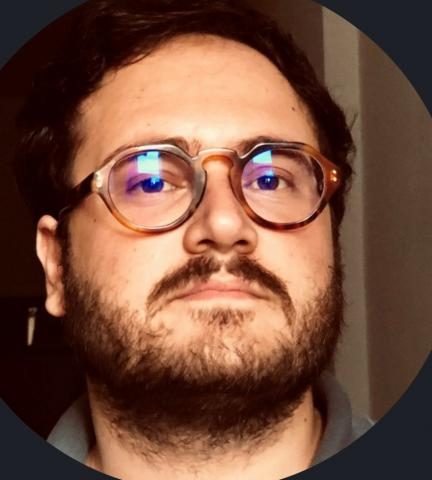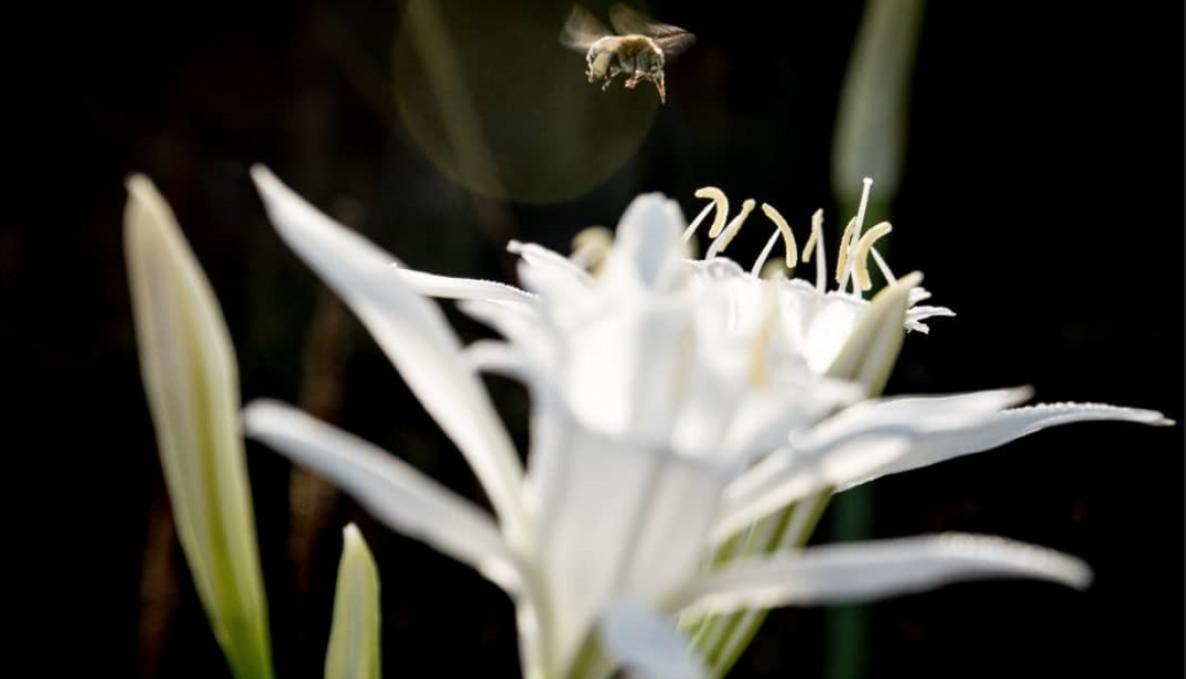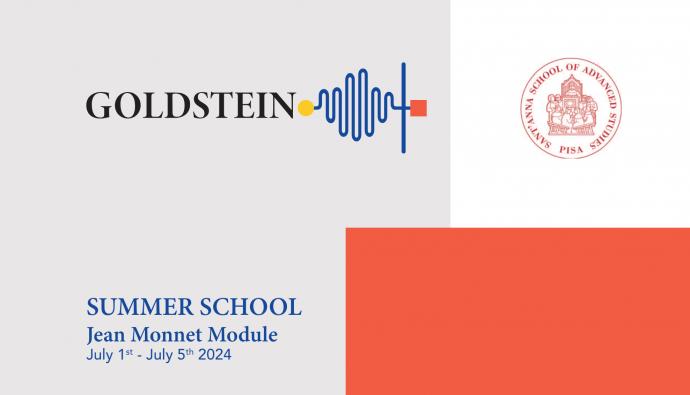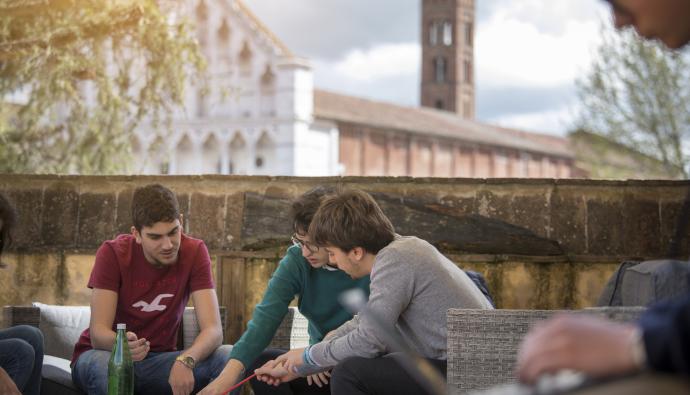International awards: Giuseppe Di Vetta, a Sant'Anna School research fellow, selected by Harvard Law School's Global Scholars Academy for research on society responsibility, in the context of Global Production Networks

Giuseppe Di Vetta, a research fellow at the Dirpolis (Law, Policy, Development) Institute of the Sant'Anna School of Advanced Studies, is among those selected for the Global Scholars Academy, a prestigious initiative organized by the Institute for Global Law & Policy (IGLP) at Harvard Law School.
The Academy includes a residential experience, scheduled for January 16-20, 2023, at Stellenbosch University (South Africa), through which those admitted to the program and the scientific selection committee, made up of such high-profile international figures as David Kennedy, director of the Institute for Global Law and Policy (IGLP) at Harvard Law School, will be able to participate in an intensive environment of discussion, debate and research. The Global Scholars Academy, coherently with IGLP's perspective, addresses issues of an interdisciplinary nature, which have a crucial impact in terms of transformations in global contemporaneity, through the development of new critical approaches and the innovation of established ones.
In particular, Giuseppe Di Vetta is called to bring his contribution about the studies currently conducted within the research lines of the Criminal Law, Economy, Transnational Dimension and Digital Transition area of the Dirpolis (Law, Politics and Development) Institute of Sant'Anna School. The research in development is devoted to the topic of corporate accountability in the context of Global Production Networks (global production or value chains), where a proposal is made to frame institutions and forms of corporate legal accountability, from the perspective of transnational legal processes. This type of theoretical approach allows for an in-depth study of the regulatory interferences and interactions that develop in these scenarios, as well as the tools and approaches tested for their management, especially in national courts. At last, the ultimate aim is to test the hypothesis of an emerging transnational liability regime for these actors.




